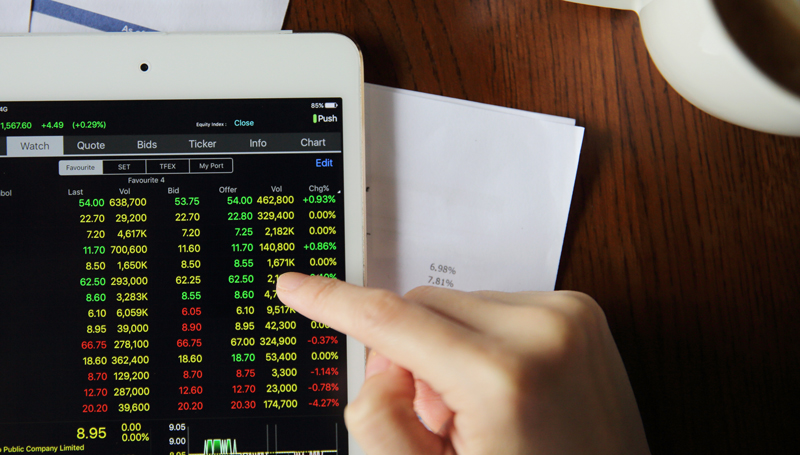
Gold 1909,12
|
EURUSD 1,174
|
DJIA 27942,50
|
OIL.WTI 38,59
|
DAX 12261,76
|
|---|
As we predicted, Wednesday’s trading is a chaotic movement in both directions. There is no need to look for meaning in what is happening. We are not expected to know the preliminary results of the US presidential election until Friday.
WTI

Let’s remember the American election campaign. Biden crushed Trump in only 1, but a very important issue for American voters. Most Americans believe that the administration of the incumbent president has failed to fight the pandemic. Biden, if he wins the election, promises to quickly take control of the COVID-19 situation.
How could he do this?
This is the main question. If Biden does what he promised his voters, there is only one solution. Total quarantine, which will have to put most American states in jail. If Europeans have already fully experienced all the delights of the lockdown this spring, then Americans have not experienced such strict restrictions.
Total quarantine means a dramatic reduction in the use of personal vehicles and air travel. It also means stopping many non-critical industries.
What happens to oil in this case?
It is important to note that the WTI oil will suffer the most. Just a couple of weeks after the start of the lockdown, stocks of oil and petroleum products in the US will again begin to rise sharply. We remember where this might lead with the events of this spring. The price will initially go down every week, along with the release of data on weekly changes in US oil reserves. And then it can just start to panic, because at some point nobody will want to buy physical oil that has nowhere to go.
In this case, the price of $10 per barrel of WTI oil throughout the winter does not seem like a fantastic scenario.
What can prevent this from happening?
Just one thing. The fact that Biden’s election promises will remain just election promises. To decide to put the world’s economic leader under strong quarantine is probably to get a lot more enemies than Trump has now because of COVID-19.
The most interesting things await us even before Christmas.
What awaits us today?
11.00 EU retail sales for September
13.00 Bank of England decision on interest rate
13.30 Address by Bailey, Head of the Bank of England
20.00 US Federal Reserve interest rate decision
20.30 Press conference US Federal Reserve
Important Notes on This Publication:
The content of this publication is for general information purposes only. In this context, it is neither an individual investment recommendation or advice nor an offer to purchase or sell securities or other financial products. The content in question and all the information contained therein do not in any way replace individual investor- or investment-oriented advice. No reliable forecast or indication for the future is possible with respect to any presentation or information on the present or past performance of the relevant underlying assets. All information and data presented in this publication are based on reliable sources. However, Bernstein Bank does not guarantee that the information and data contained in this publication is up-to-date, correct and complete. Securities traded on the financial markets are subject to price fluctuations. A contract for difference (CFD) is also a financial instrument with leverage effect. Against this backdrop, CFD trading involves a high risk up to the point of total loss and may not be suitable for all investors. Therefore, make sure that you have fully understood all the correlating risks. If necessary, ask for independent advice.










